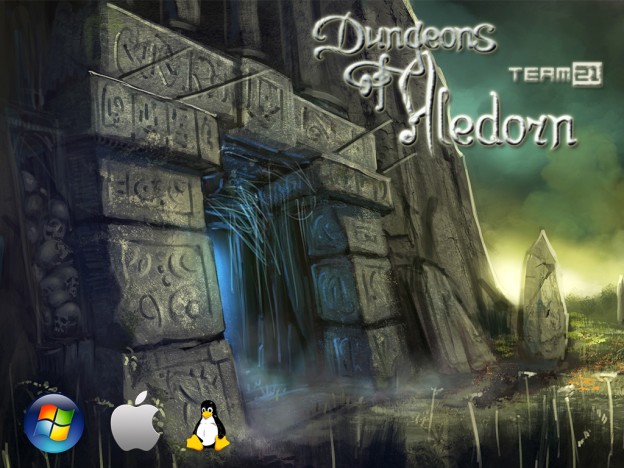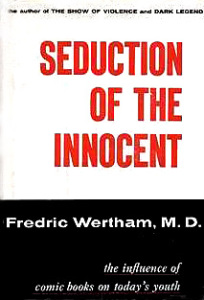Hi, all! I just heard back from Sean, my editor at Focal Press. The manuscript has been received, and I’ll soon be assigned a production editor to get us to the finish line. I really think you guys and gals will LOVE this thing. I dug deep to find the stories, quotes, and context that will really suck you in.
Some of my favorite parts:
- Shigeru Miyamoto’s development of Donkey Kong. What will you use the fire button for, Miyamoto? Fire button–what fire button???
- Will Wright and Sid Meier’s struggle to get anyone to believe in their “stupid” ideas for SimCity and Civilization. Who in their right mind would want to play such boring games?
- An anxiety-ridden Iwatani hiding out in a movie theater to see if any of the couples filing out would notice his bizarre arcade game–Pac-Man!
- Grand Theft Auto was boring and full of glitches. But wait–one of them turned out to be its greatest feature!
- A smug journalist told Sega’s Nilsen, “The Super Nintendo has 32,768 colors. Your Genesis only has 512. What are you going to do?” Nilsen pointed at a screen behind him, where Sonic the Hedgehog was playing. “That.”
I wish the book was out already! I can’t wait to see what you all think about it. For those wanting signed copies, keep in touch. I’ll keep you posted on publication dates and such.







